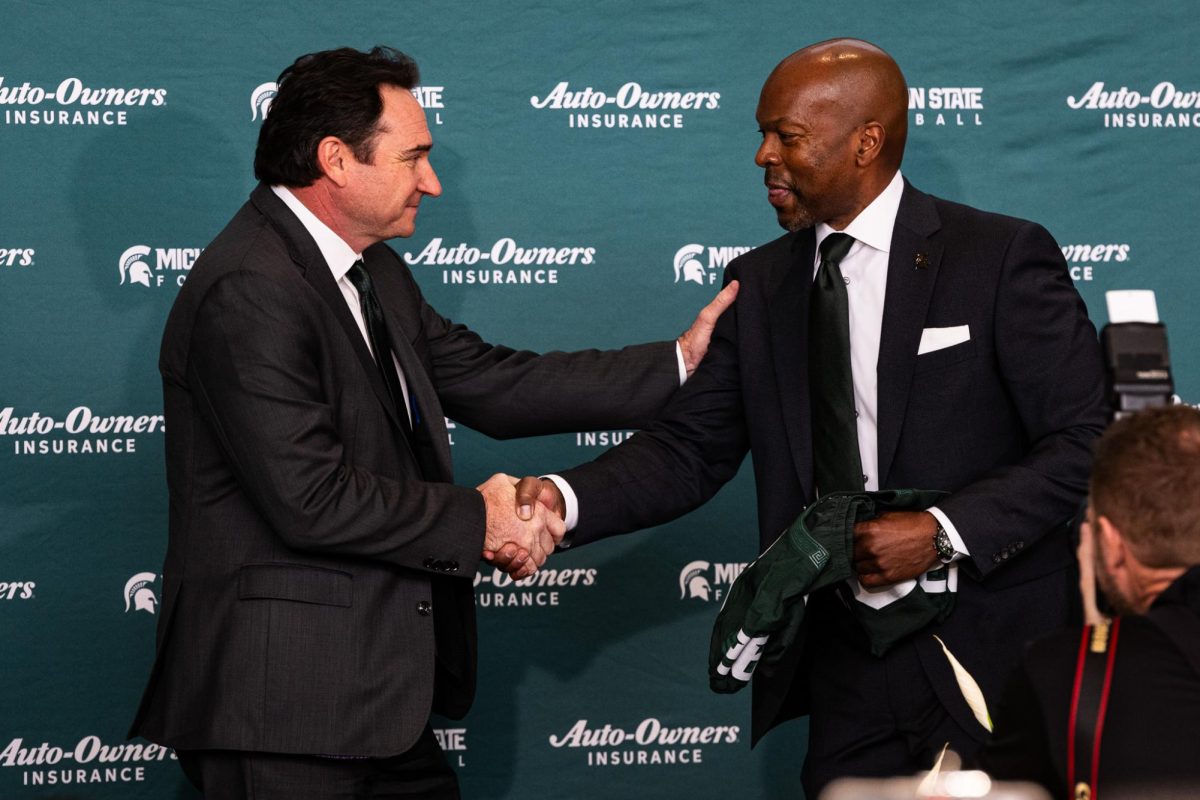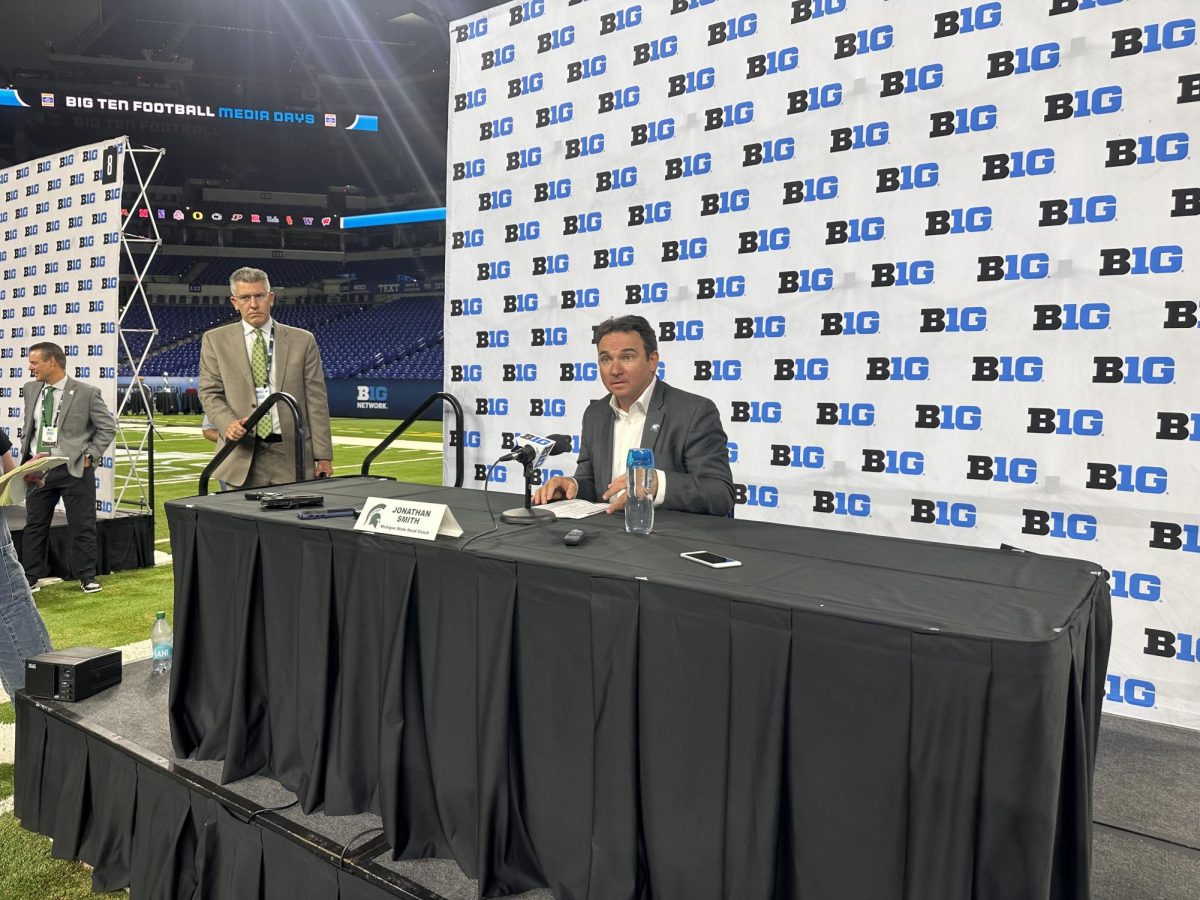Wisconsin, Minnesota and Others Opt out of Gentleman’s Agreement
May 16, 2014
Several members of college hockey’s royalty appear to be disenchanted with the rest of the league.
After a vote by the American Hockey Coaches Association Convention moved to keep the “Gentleman’s Agreement,” several hockey programs, including Minnesota and Boston College, announced they would no longer adhere to the agreement and not recognize the verbal commitment as binding.
Instead, they would only recognize the NCAA National Letter of Intent. Soon after, Wisconsin head coach Mike Eaves announced his program would follow suit.
The agreement is a long-established pact among college hockey coaches in order to protect the integrity of a verbal commitment, which is offered to potential prospects as young as 15 or 16-years-old due to increased recruiting pressure from junior hockey programs.
Once a prospect makes a verbal commitment to a college, he is indicating that he wishes to play hockey for that particular school. And other programs — according to the agreement — can no longer scout or recruit him.
The main goal of the agreement is to prevent a recruiting atmosphere akin to college football or basketball, where schools snag recruits away from other programs shortly before they sign their Letter of Intent.
However, in recent years, the agreement has been the subject of controversy as some schools have been accused of abusing the system by giving out more verbals than scholarships available.
Others, like Minnesota coach Don Lucia, claim it is an unfair hindrance to a recruit who has decommitted from school A and wants to play for school B, but school B cannot offer him a spot because they have not been able to scout and recruit him.
As far as MSU is concerned, this radical change in policy is not of immediate concern. Head coach Tom Anastos has made it clear that his recruitment focus is the state of Michigan, which is outside of Minnesota’s and Wisconsin’s main recruiting area.
However, Anastos has shown that he is willing to go into Minnesota’s backyard in order to find players. Soon-to-be junior John Draeger is a native of Faribault, Minn.
It is unlikely Anastos will back down from battling the Gophers or the Badgers for a potential recruit, it just means he may have to work a little bit harder to sell a 16-year-old on MSU.
As for recruiting policy, there has been no word from Anastos in regards to any changes. However, schools like Michigan, Ohio State and others that made up the former CCHA might force his hand if they abandon the agreement as well.
I am all for amendments to the recruiting policy. I think that asking a 15 or 16-year-old to make a final decision on which college he is going to play for is asking a bit much. Personally, I would allow teams to scout, contact and recruit prospects at age 15 or 16, but forbid teams from offering verbals until a player’s junior year of high school. This way, coaches have more time to evaluate a potential prospect and, in turn, the prospect has more time to make a major life decision.
It is unfortunate that some teams think they can do whatever they feel suits them regardless of the rest of league. While their reasons may be justified, their actions certainly are not.
It is a sad day when the decades-long decorum of college hockey, mandated by many, is stripped away by the few.
Jason Ruff is a multimedia journalist for Impact Sports.
Photo: Jonathan Yales/Impact Sports





























